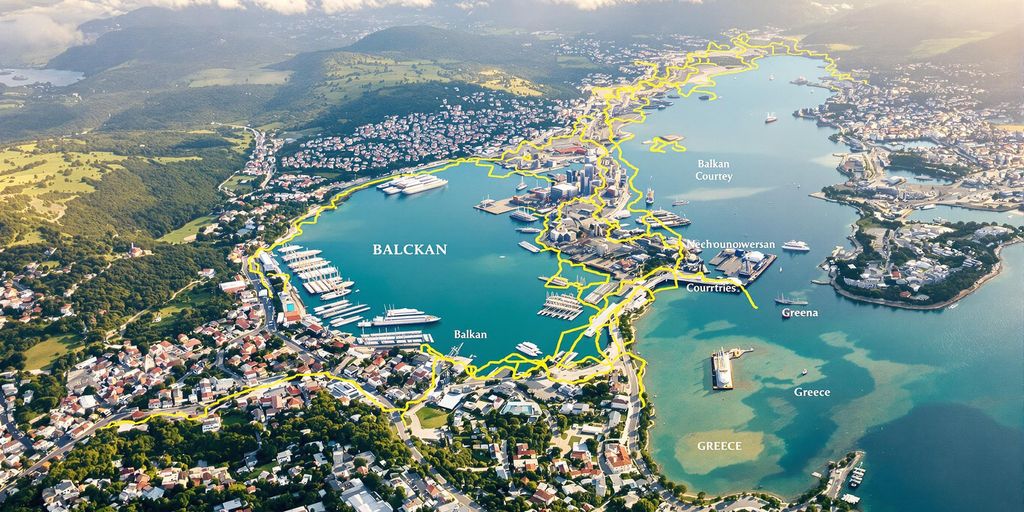The recent Thessaloniki Summit highlighted Greece’s commitment to enhancing its economic and cultural ties with the Balkan region. Key discussions focused on the shared heritage and future challenges faced by these nations, emphasizing the importance of collaboration for stability and growth.
Key Takeaways
- Greece aims to strengthen economic ties with Balkan countries.
- The summit featured discussions on economic diplomacy and regional cooperation.
- Emphasis on shared heritage and common challenges among Balkan nations.
Greece’s Role in the Balkans
Greece has positioned itself as a pivotal player in the Balkans, promoting economic diplomacy under the leadership of Prime Minister Kyriakos Mitsotakis. The Deputy Minister of State for Foreign Affairs, Tassos Hadjivassiliou, emphasized that the Western Balkans are integral to Europe, sharing a common history and future.
During the summit, Hadjivassiliou stated, "The government is systematically forging Greece’s economic ties with the Balkans," highlighting the importance of collaboration in addressing regional challenges. The discussions included representatives from various sectors, including export associations and chambers of commerce from neighboring countries.
Economic Diplomacy Initiatives
The summit featured a panel discussion on economic diplomacy, where key figures exchanged insights on fostering trade and investment in the region. Notable participants included:
- Simeon Diamantidis – President of the Association of Exporters of Northern Greece
- Denald George Tafani – President of the Association of Greek Businesses of Albania
- Krasimir Dachev – Vice President of the Bulgarian Chamber of Commerce and Industry
- Mila Nenova – Executive Director of InvestBulgaria Agency
- George Mylonas – President and CEO of ALUMIL
The discussions were moderated by journalist Maria Nikoltsiou, who facilitated a dialogue on the potential for increased economic cooperation among Balkan nations.
Culinary Connections
In addition to economic discussions, the summit also celebrated the rich culinary heritage of the Balkans. The region is known for its diverse and flavorful cuisine, which reflects the cultural intersections of its peoples. Exploring Balkan cuisine offers a unique insight into the traditions and histories that bind these nations together.
Some highlights of Balkan cuisine include:
- Moussaka – A layered dish made with eggplant, minced meat, and béchamel sauce.
- Sarma – Cabbage rolls stuffed with rice and meat, often served with yogurt.
- Baklava – A sweet pastry made of layers of filo filled with nuts and honey.
Conclusion
The Thessaloniki Summit served as a platform for reinforcing Greece’s commitment to fostering economic and cultural ties in the Balkans. By promoting collaboration and understanding, Greece aims to play a crucial role in the region’s stability and prosperity. As these nations work together, they not only strengthen their economic bonds but also celebrate their shared heritage, paving the way for a brighter future in the Balkans.






